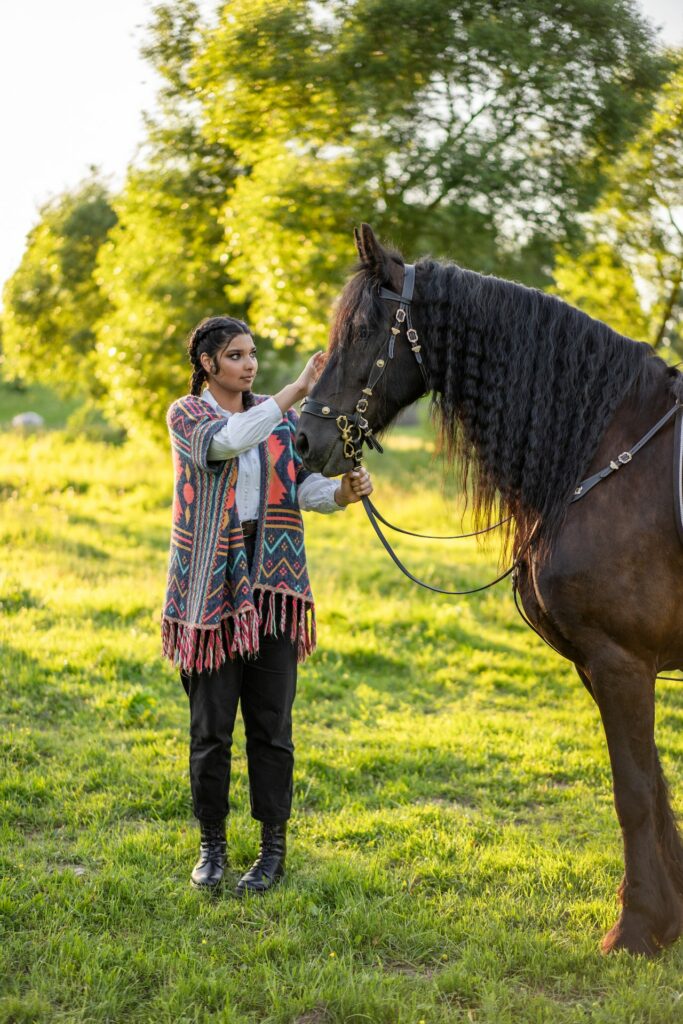Horse Sarcoid: What You Need to Know
Horse sarcoid is a rare skin disease found in horses. It is a tumour or growth that can form on the horse’s skin and is often mistaken for cancer. While the cause of this disease is still unknown, it is believed to be caused by a virus or environmental factor. Horse sarcoid can be treated with surgery, radiation therapy, or chemotherapy. However, the earlier it is caught, the better the chances of survival. Read on for information on how to protect your horse from horse sarcoid.
What is a Horse Sarcoid?
Horse Sarid is a skin disorder that affects horses and other equids, donkeys, and mules. It is an inflammatory skin condition that can range from benign lesions to malignant tumours. The Bovine papillomavirus (BPV)virus causes horse sarcoid and spreads through direct contact between animals, shared grooming items, or contaminated environments.
Symptoms of Horse Sarcoid
Horses suffering from this disease may experience various symptoms, which can vary in severity depending on the type of sarcoid and its location. Common symptoms include:
- Raised, hairless lumps or bumps on the horse’s skin;
- Skin discolouration;
- Ulceration and/or necrosis;
- Abnormal shedding of hair or loss of fur;
- Thickening of the skin; and
- Swelling or inflammation.
Diagnosing Horse Sarcoid
To diagnose Horse Sarcoid, your veterinarian will need to perform a physical examination to confirm the presence of lesions and any relevant clinical signs. Your veterinarian may also take a skin biopsy for further diagnosis and blood tests or imaging tests such as x-rays or ultrasounds to rule out other conditions.
Treatment Options


The most common treatment for this disease is the surgical removal of the affected tissue. It may be necessary to use chemotherapy, radiation therapy, cryotherapy, or immunosuppressive medications. Severe cases may not be feasible due to size or location. Your vet may recommend palliative treatments such as steroid injections or topical creams.
Prevention Methods
Fortunately, there are several steps you can take to reduce the risk of your horse developing this condition:
- Ensure proper hygiene practices when working with multiple horses
- Make sure to sanitise all grooming items before each use;
- Practice safe fencing procedures when introducing new horses into established herds;
- Vaccinate against BPV using the tetravalent vaccine regularly;
- Supplement your horse’s diet with essential vitamins and minerals which support overall health
- Monitor your horse regularly for suspicious lumps/bumps/discolourations on its skin surface.
Wrap Up
Horse sarcoid is a serious skin disease that can have life-threatening consequences for your horse if left untreated. However, it can be managed effectively with proper prevention and early detection. Be sure to speak to your veterinarian about the best course of action for treatment. Your vet will help you determine the best treatment plan and ensure that your horse has the best chance of recovery. Good luck!
Are you concerned about the possibility of horse sarcoid affecting your horse? Protect yourself and your horse with pet insurance from Furrr.co.uk! Pet insurance provides financial protection against unexpected costs should your horse suffer from a serious illness or injury,Get peace of mind and get covered today! Visit www.furrr.co.uk to learn more about getting the right coverage for your horse!










